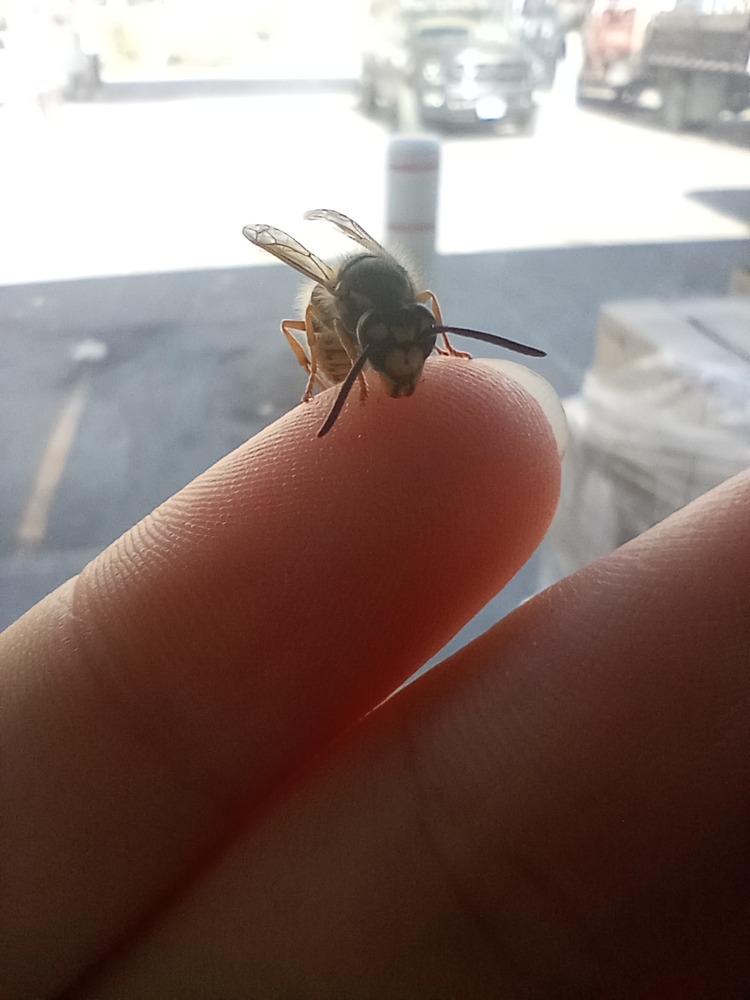MCI has a problem. Students are being attacked at lunchtime by a biological monstrosity that leaves no food untouched and no child unstung. This despicable creature has students running for their lives, following them all the way from Tim Hortons to MCI. Have you ever been the victim of a wasp attack? Wasps have been known from ancient times to be the bane of students all over the world. Unfortunately, it seems that wasps have taken a particular liking to MCI, as you can’t even step outside of the school without being chased by a wasp.
Wasps have also taken over the Tim Hortons next to MCI, as Haseib Nasrat, a grade 11 student at Martingrove, learned the hard way. One Friday afternoon, Haseib was peacefully waiting to order some Timmies, when a wasp sitting on the windowsill decided Haseib was its enemy. The wasp flew over and stung Haseib twice, on his shoulder and leg, which caused him moderate pain. Naturally, Haseib did not enjoy this experience, and when asked for his opinion on wasps, he stated, “Wasps suck,” which is an opinion many MCI students, including myself, wholeheartedly agree with.
Although wasps are usually the ones stinging students at MCI, their friendlier counterparts, bees, often take the blame. As similar as they seem, wasps should not be mixed up with bees. The biggest difference between the two is their stings. Honey bees can only sting once, as their barbed stinger gets stuck and torn off after they sting something, which is typically fatal for them, so they only sting in self-defence. Wasps, on the other hand, are often more aggressive than bees, as they will attack anyone near their nest, and they can sting multiple times, which is how Haseib knew he was stung by a wasp. Another big difference between bees and wasps is what they eat. The diet of bees consists simply of pollen and nectar, but wasps are bloodthirsty predators, feasting on insects, larvae, and sometimes even MCI students!
As you can see, wasps and bees are pretty different, so the next time you get chased by a flying demon, remember that it’s probably a wasp, not a bee.
Bee safe Martingrove!
